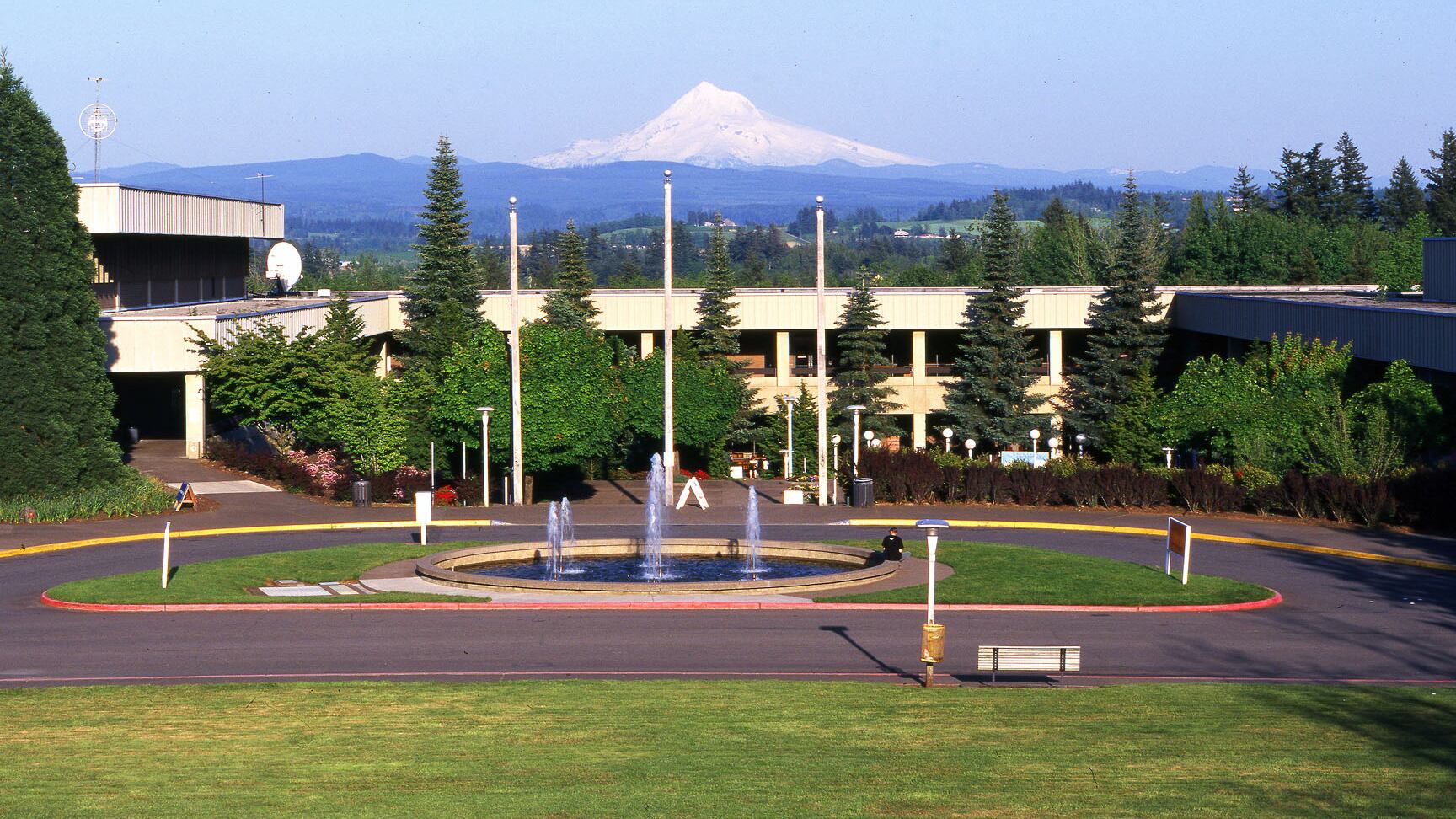Last night, Mt. Hood Community College's Board of Education held a meeting that offered the first glimpse into the board's decision to return KMHD to its campus, and end its operations contract with Oregon Public Broadcasting.
MHCC owns the license for KMHD, Oregon's only jazz station. For the past 10 years, OPB has managed and broadcast the station out of its Southwest Macadam offices. The agreement was scheduled to automatically extend for another five years in August. But earlier this year, the college released a statement announcing that it would not renew the contract, and would instead seek a two-year partnership with OPB while working to regain control of KMHD's daily operations. OPB refused the college's request for a two-year contract.
The college has not offered any further comment since its initial statement. But on Wednesday, a committee of MHCC staff and faculty presented a report to the board on the logistics of returning the station to the college campus by this August.
The report determined that the budget shortfall for starting the station would be $169,000, and the cost of running a fully operational station would cost more than a half-million dollars. The committee was not tasked with finding ways to overcome the shortfall.
The committee's report also throws out the possibility of moving KMHD away from jazz programing. The report includes a survey of MHCC student's music tastes, and according to the findings, less than 3 percent of the current student body listens to jazz.
"I would not recommend the same format if this is going to be considered a recruitment tool," committee member and MHCC's marketing director Lauren Griswold told the board.
"Whoever told you it was a recruitment tool probably didn't know what they were talking about," board member Kenney Polson replied.
The board did not, however, specify the primary motive for returning the station to the campus.
"If it's not a recruitment tool and we have a tight budget, then I'm getting a little confused here," board chair Diane McKeel said at one point during the discussion.
Several board members also expressed concern of the PR damage the college would incur if KMHD was no longer a jazz station. When asked by the board if the committee supported the college's move to operate the station, Griswold replied, "No, I don't think we are all on board for bringing it back."
Near the end of the meeting, faculty members on the KMHD committee did touch on specific frustrations with OPB's management. Broadcasting and Integrated Media instructor JD Kiggins mentioned that no MHCC students had been accepted this year to KMHD's internship program, and that Mt. Hood Jazz Festival, which according to the board may return to the campus soon, received less sponsorship than other jazz festivals.
Music and Performing Arts instructor Dan Davey said that he hoped to see more crossover between guest musicians brought in by the station and musicians speaking at the college.
"I think there's room where we can increase that whether [KMHD] is on the campus or not," said Davey.
The board will not take any action further action on its plans for KMHD until a meeting next Wednesday. The committee declined WW's request for further comment, and the board's spokesperson did not respond to WW's phone call.
The meeting was not open to public comment. OPB CEO Steve Bass was in attendance, and after the meeting, addressed the college's desire for a closer working relationship with the station. According to Bass, in the years that OPB has operated KMHD, the station has only received six internship applications from MHCC students out of over 500 total.
"If there are parts of the terms that people want to discuss, as long as we have a contract in place, I'm happy doing that," he told WW. "What I presume they are going to do is to put a motion on the table to rescind the termination. If they do that, I would agree to have the termination rescinded."
KMHD Program Director Matt Fleeger was also at the meeting. Fleeger told WW that it would be "tragic" if KMHD was no longer a jazz station, and that he was open to the station working closer to the college.
"I'm glad to hear that," he said. "That's what we've wanted all along, too."
Related: As Jazz Changes, Portland's Only Jazz Radio Station Evolves Along with It.

